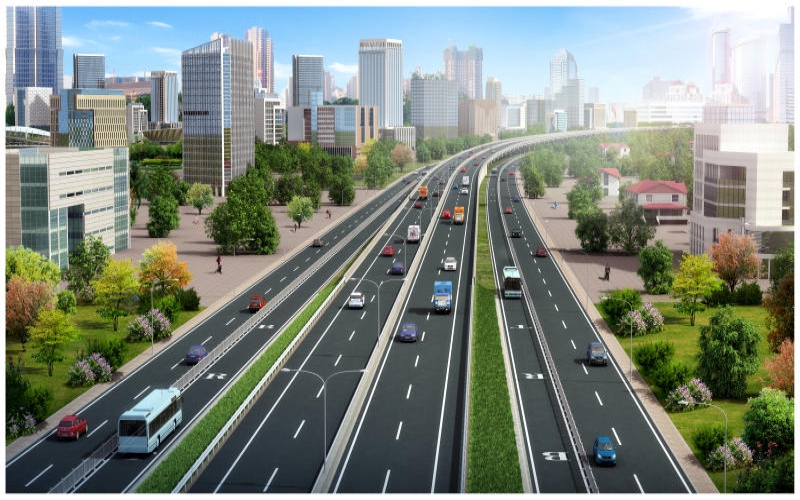×
The Standard e-Paper
Read Offline Anywhere

With Kenya's debt set to hit Sh7 trillion by 2022, the Government is turning to private public partnerships (PPP) to build major infrastructure projects in the country.
The PPP model of financing marks a shift by the Jubilee government from financing mega-projects through loans and is meant to cushion it from further escalation of the public debt.